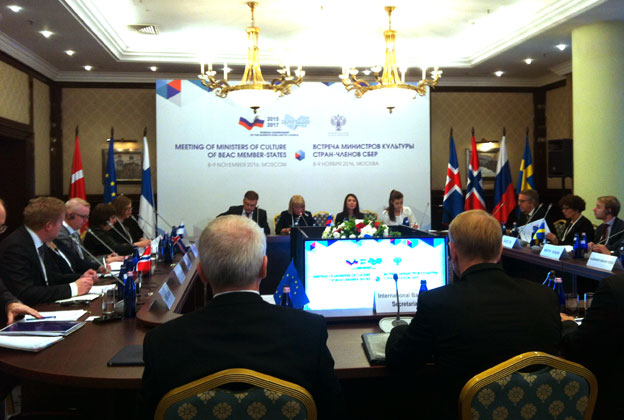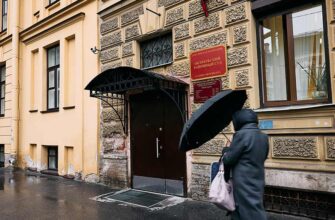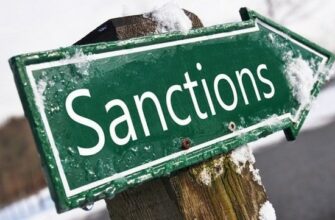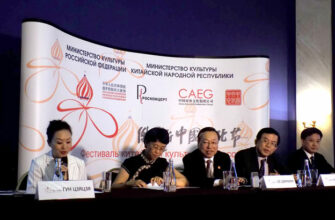The first scholarships for the Barents cooperation in the field of culture in the amount of 10’000 Euro will be awarded in Arkhangelsk in October 2017. The scholarships will get representatives of each country of the BEAC (artistic associations, cultural organizations, etc.); the order of selection will be determined at the national level. The above fact was stated by the participants of the meeting of culture Ministers of the Council of Barents-Euroarctic region 09 November 2016 in Moscow.
The Barents region – or the Barents Euro-Arctic Region or BEAR – is a set of countries located along the coast of the Barents sea: Norway, Sweden, Finland, Russia, Denmark, Iceland. In 1993 they signed a Declaration of cooperation and formed the Council of the Barents Euro-Arctic region (BEAC). The Board has other members – the European Union and observers from the interested countries. The purpose of the Council was to promote “sustainable development” in the region, bilateral and multilateral cooperation the Nordic countries. The Supreme Body of the Council session of foreign Ministers, which is held once in two years. In 2015-2017 year Russia presides in the Council.
“Culture is one of the most powerful instruments of social, economic, political, etc. aspects of sustainable cooperation”, – said at the meeting the Deputy Minister of culture of Russia Alla Manilova. She shared information that currently the Council’s activities are primarily focused on “the development of network cooperation”, “strengthening the role of culture in the BEAR” through the interaction regions.
According to Sergey Petrovich, the Chairman of the Committee of senior officials BEAC, Russia is currently focused on the following areas with the support of other members:
– transport and logistics
one of Examples of cooperation was the agreement on the formation of the 16 cross-border corridors (railway, auto and sea transport, including 7 are in Russia), made at the meeting of Ministers of transport in Arkhangelsk. They also have plans for other posts along the lines of “East-West”.
– environment and climate
of the important achievements of the meeting of environment Ministers in November 2015 and have been excluded “hot” points of the region (including 9 of them eliminated in Russia).
– culture and tourism
In the framework of the conducted tours, exhibitions, library events, congresses of indigenous peoples of the region and the establishment of the “Barents scholarship”. A great contribution to the development of 72-hour visa-free stay in Murmansk and Arkhangelsk.
The head of the administration of the Nordic Council of Ministers K. Broman outlined such ongoing joint programmes as a research exchange, media cooperation, parliamentary cooperation and organization “Nordic weeks” in the North-West of Russia. Other topics that will soon be developed – the economic and business cooperation, energy, health. Events are held in accordance with the adopted strategy of “Cultural cooperation in the Barents region” for 2014-2018.
“Many of the issues of the region are beyond regional boundaries,” said EU Ambassador to Russia V. Ušackas. He stressed that “Culture is the collaboration tool that fights prejudice” and explained the desire of Europe to contribute to the development of the Barents region the fact that “it is important for the EU to promote its values”. In particular, the European Union took a significant part in financing a major project SBER “New horizons”, implying wide youth exchange and educational programs.
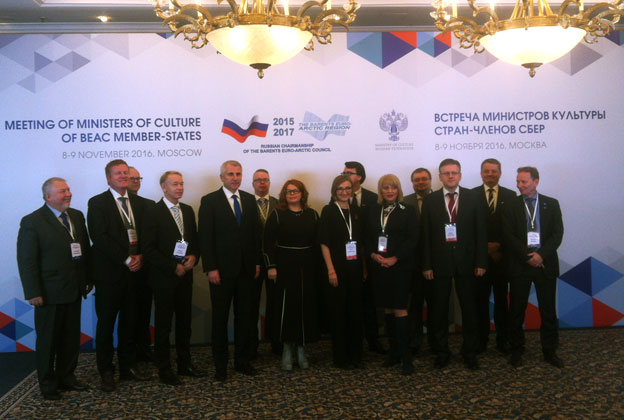
The interaction of the bear will expand and in 2017 and later. So, at the end of April 2017 in Moscow it is planned to hold the first summit of the indigenous peoples of the North as part of the annual exhibition-fair “treasures of the North”. This will contribute to the support of indigenous cultures living in the region peoples. “Without identity you cannot talk about culture,” – said at the meeting, A. Manilova.
Sources: BEAC, Barents Fi, Russian Ministry of Culture, Russian Ministry of Culture
